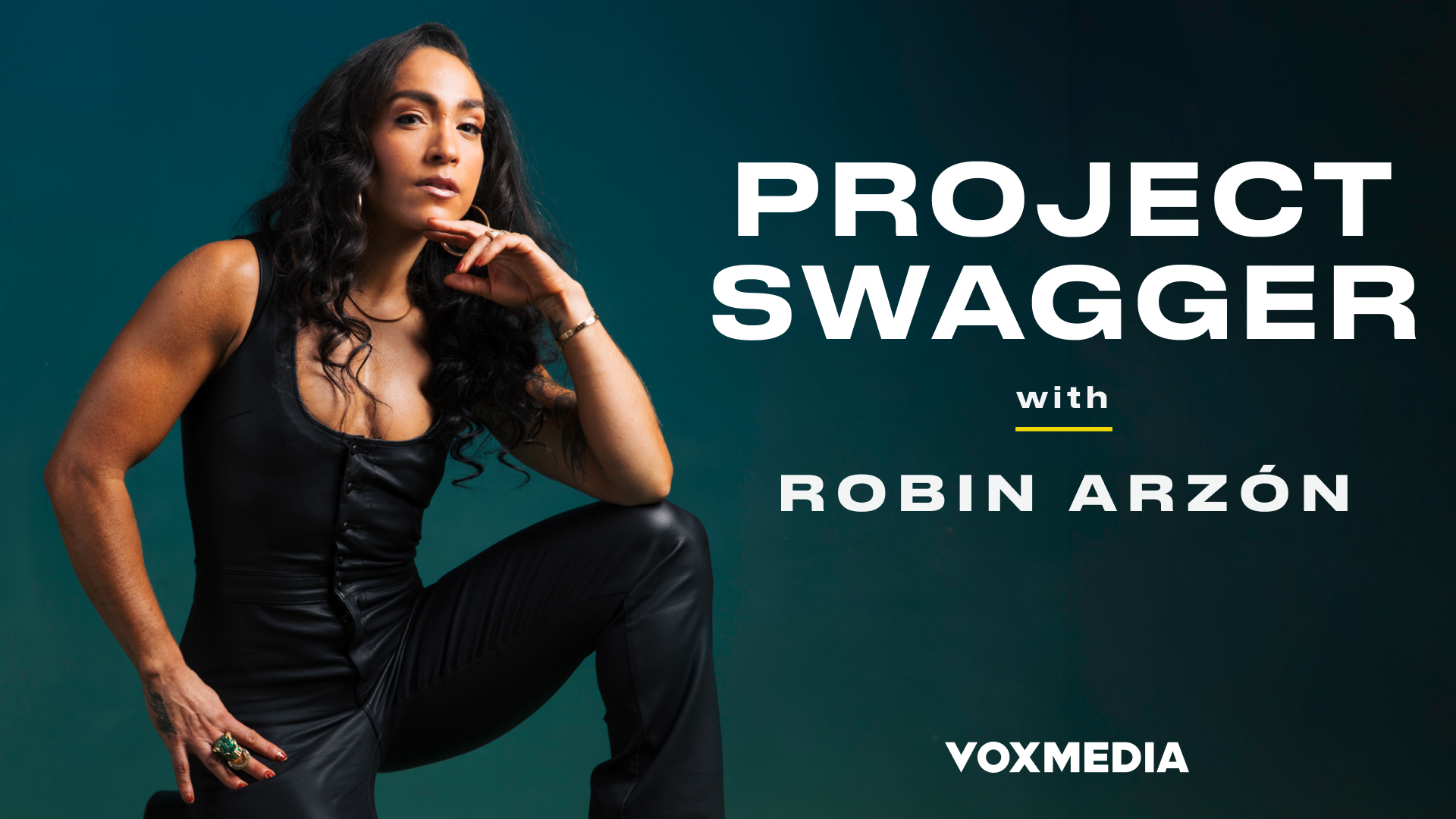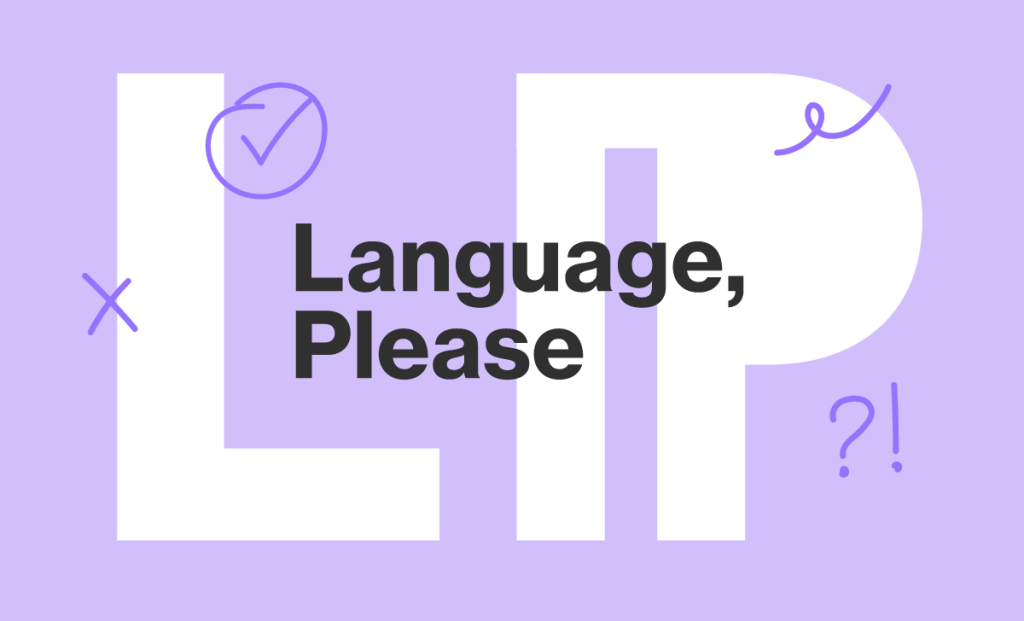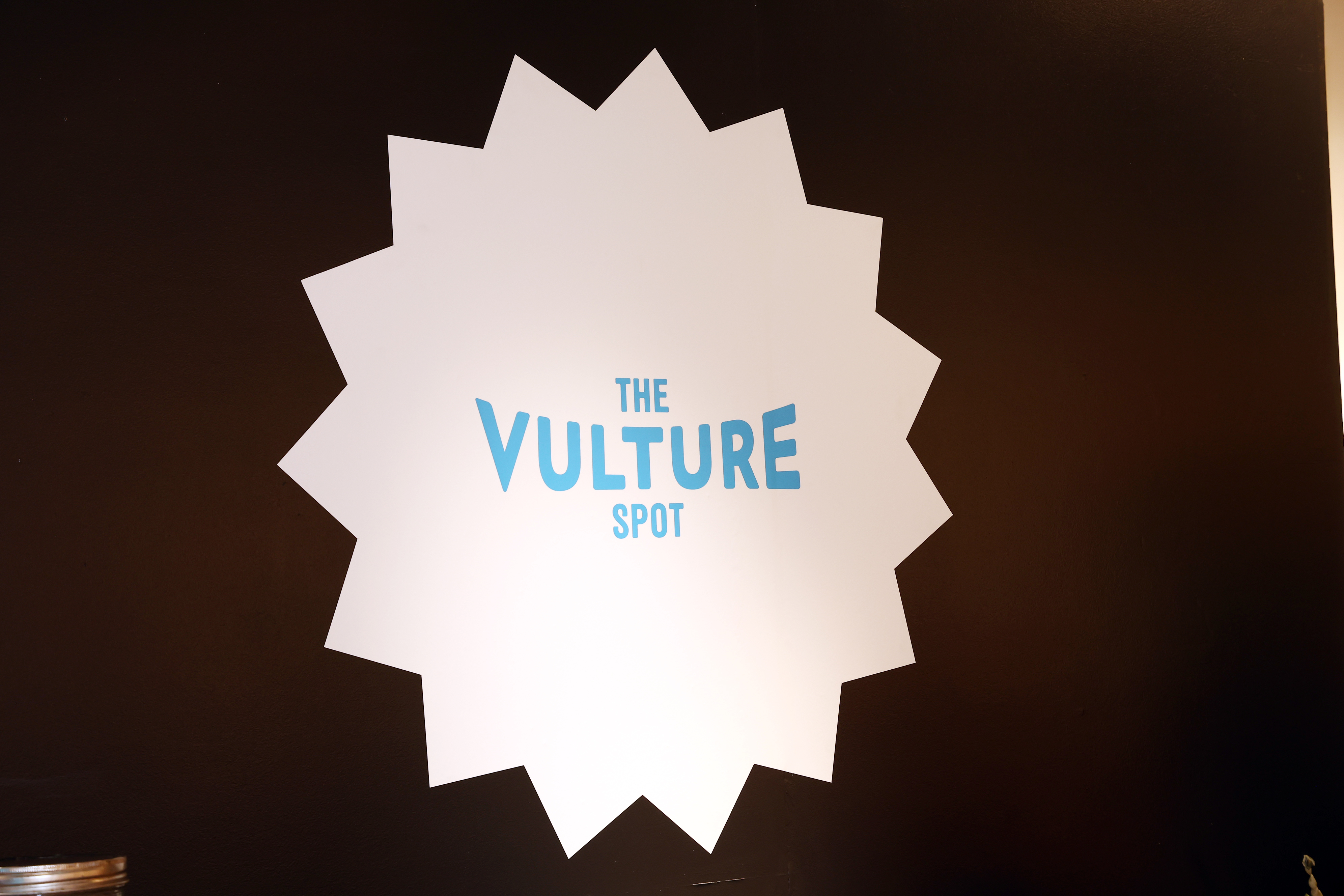This is part of a larger series called the Vox Creative Grad Guide.
Like many college students, I graduated without knowing what I was going to do with my liberal arts degree.
I had majored in political science only to find that I didn’t want to work in government or go to law school. Instead, I became fascinated with journalism and its role in democracy. The Internet completely disrupted the way we produce and consume media, and the simultaneous role that media played as a check on government and as a corporation began to raise serious ethical questions.
But I wasn’t content just pondering questions — I wanted to be in the thick of it and better understand how the monetization of media was going to evolve in the real world.
So, I began my search by looking into new media companies that were flipping the traditional ways that media makes money. I found that new companies like BuzzFeed and Vox were experimenting and creating a lot of industry buzz — native advertising, ads that mirrored the editorial content we enjoy consuming. And they needed people who had both a creative penchant for great content ideas as well as a strategic mindset that could break down an advertiser’s objectives.
I started as an intern supporting the marketing team at large but quickly became interested in creative strategy, a team within Vox Creative, Vox Media’s in-house creative studio. And throughout my career, I have found that my liberal arts education has helped me in ways I hadn’t thought it would.
Because I had taken so many classes that weren’t “career-related” but were still genuinely interesting to me, I was able to come up with truly unique, out-of-the-box content ideas. Whether it was philosophy of religion or gender studies, I leaned on these interests from my classes to ideate concepts that didn’t feel like clickbait but rather like something people actually wanted to read or watch (check out the first campaign I sold, Going Gray, Explained.)
I also utilized the critical thinking skills I had sharpened during college to create campaigns that were strategically sound. I constantly ask myself: What’s the thesis of the idea? Does the program ladder back to the client’s objectives? Are my examples convincing? And this commitment pays off when clients not only love the creative idea, but also understand how the campaign will attract their audience.
So, to all the liberal arts students out there, here’s my advice: Be confident in what you’ve learned in college, because those foundational skills will set you apart not only in advertising, but in any career. I’m so glad that I chose a career path that allows me to be more holistic in my work; it’s one that I would recommend to recent grads.
by Diane Kim, 2016 graduate



